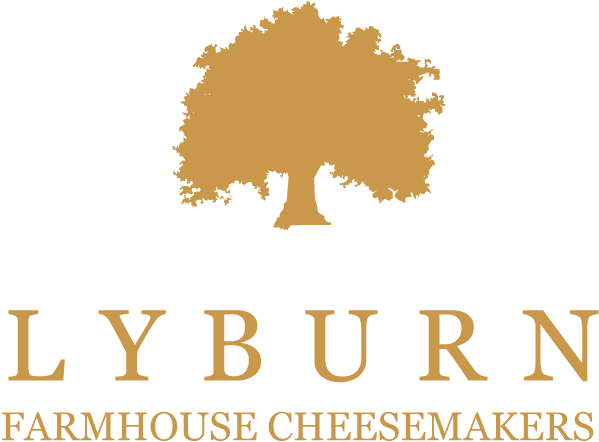About Lyburn
Farm History
The New Forest, has no great history of cheese making, unlike the West Country. Traditionally, in the last 100 years, the milk from Hampshire, has always travelled eastwards to the large conurbations of Southampton and London, to be sold as bottled milk. Historically records show that cheese, will have been made by the Cistercian Monks at Beaulieu and other Monasteries, back in the 1200’s. Cheese will also have been made on the various farmsteads in the last 500 years, particularly those farms that are named ‘White House Farm’ as they will certainly have had connections with cheese. The manors of Winchester, of which this area was part, including Downton, indicate that cheese was made locally, but not in large commercial quantities. For the valley of the Blackwater, and Lyburn Farm, cheese making is a relatively new venture set up to address the needs of a changing market place.
In 1952 our family bought and moved to a small 50 acre farm called Little Buckholt, close to the village of West Tytherley, in Hampshire. Starting with 3 Gurnsey cows, Faith, Hope and Beatrix, we will have milked cows, twice a day, every day since that year, 3 generations and spanning more than 60 years. In 1969 we took on Lyburn Farm, starting with about 270 acres and 200 cows.
Life Moves on
Within the farming community, life moves on, practices change all the time, and in general farmers don’t move that far or very often. So over the intervening period, we have grown to about 500 acres, added organic vegetables to our cropping, grow a large number of pumpkin, and the diary herd has now become smaller, around 170 in total.
The Organic vegetables, Pumpkin and Squash have their own web sites, and you might find this a strange combination of enterprises, but it tends to reflect the soil type that we farm and found in the area. A nice medium sandy loam lends itself to the growing of vegetables along with a supply of water for irrigation during the summer. We have an abstraction licence on the Blackwater, and we dug a reservoir at the top of the farm some 25 years ago where we store winter water, having pumped it up there in January, and store it until we need the water the summer.




